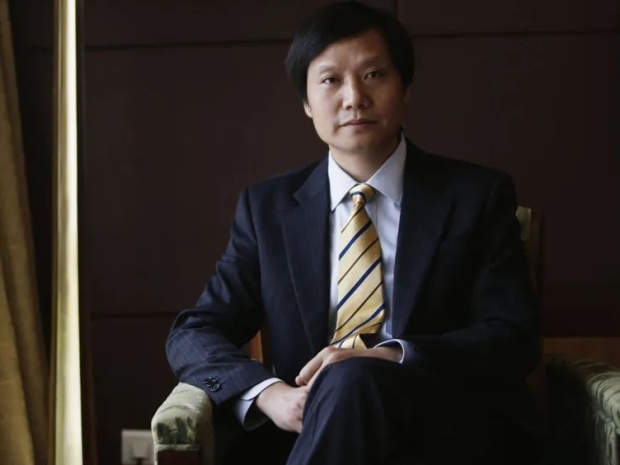Lei says Steve Jobs was his hero, saying that the 1984 book Fire in the Valley made him want to start his own company. So it was no surprise that in March 2021, Xiaomi said it was getting into the EV game, following Jobs' Mob's 2014 decision to have a go at making a car.
At the time, Xiaomi said it would eventually splash $10 billion over ten years to offer "quality smart electric vehicles." The logic was that if Apple were so keen on the idea, eventually, every phone maker would create cars.
But now Jobs' Mob's comedy car plans are in the bin, with the US tech company moving staff to AI projects instead.
However, Lei said that Xiaomi made a "strategic choice" to invest in EVs and that the company was sticking to the project despite the fact Apple could not pull it off.
In December, Lei told state TV that Xiaomi threw 3,400 engineers and 10 billion Chinese ($1.4 billion) at the company's prototype car. He said the overall investment was 10 times higher than car makers usually spend on new models.
In late December, the smartphone maker showed off its first EV, the SU7 electric sedan. The car made its first public show at the Mobile World Congress in Barcelona this week.
Home deliveries could start as soon as the year's second quarter, Xiaomi group president Weibing Lu told CNBC. The company hasn't said how much it costs, but Lei said a proper release would come "very soon".
The company aimed for the posh market, which Lu said was a good start because of Xiaomi's experience selling phones to "20 million rich users".
Chinese buyers snapped up EVs quickly in recent years, helping companies like BYD and Li Auto make record-high sales. But Xiaomi will try to get into the world's biggest EV market just as the pace of growth starts to slow down, and other EV makers get stuck in nasty price wars to get more market share.
What must be shocking Lei is that his company can now turn products around faster than Apple and get them into the shops. The student has eclipsed the master.




